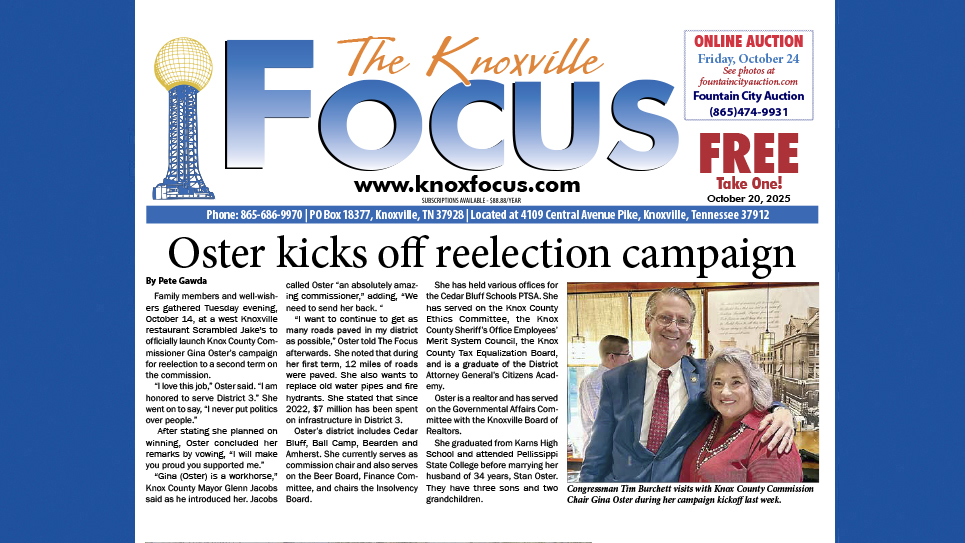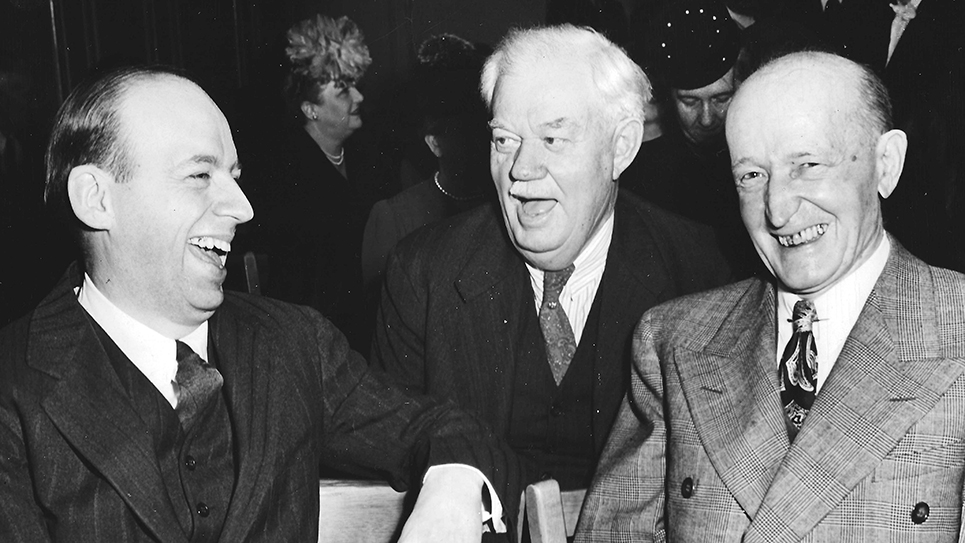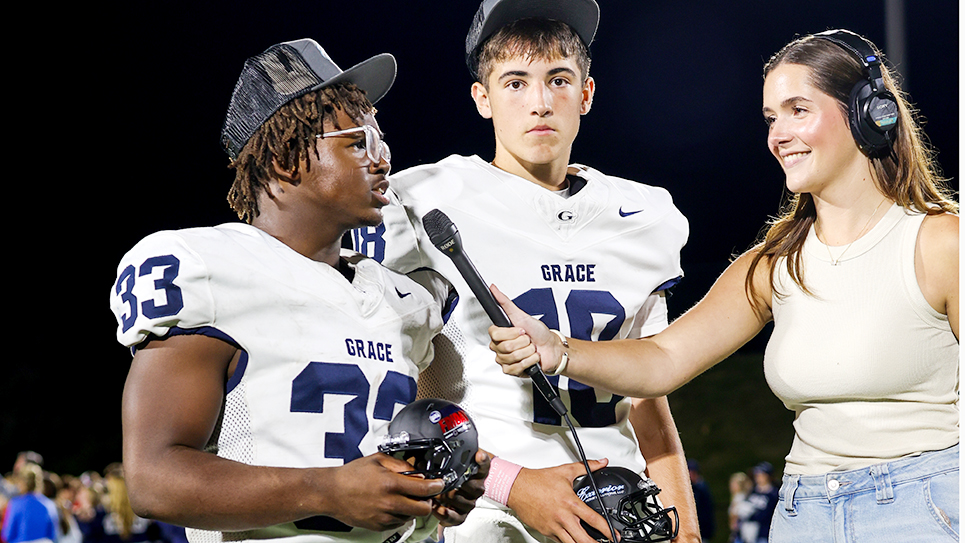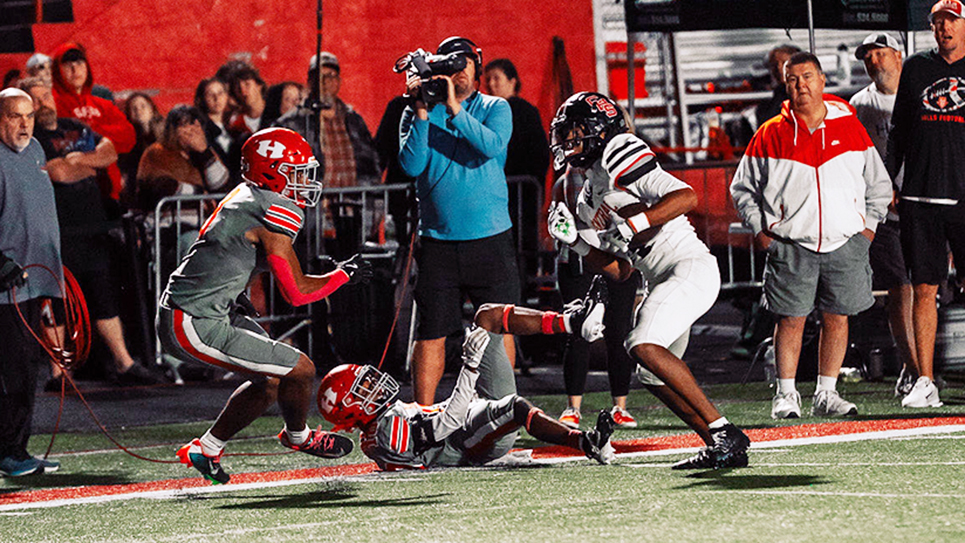Banned but not forgotten
By Joe Rector
The other night, Amy and I sat down to watch a movie. We chose an old, black-and-white version of “To Kill a Mockingbird.” It was the one where Gregory Peck played the wise Atticus and had a voice that sounded like God when he spoke. That movie mesmerized us, even though we’ve each watched it half a dozen times. The effects are still the same: awe-struck, reflective, and thankful. When such a book is so good that it becomes a movie, it’s a special thing.
Now, this book is no longer allowed in schools. Someone threw a hissy fit and demanded that it be banned. From what I understand, one of the greatest books of our times is no longer available to students because of the use of one word. We all know what that word is. The problem is that no other word fits that time in our country’s not-always-proud history. Yes, the term is a nasty, vile one, but that makes it so fitting in the story. It is necessary to show the plight of black folks and to show the painful growth that the country has endured since that time. Just because a word was used at one time period is no reason to blank it out from pages or deny children access to such a wonderful book.
For years, I had my students read “To Kill a Mockingbird.” They grumbled for a while, but most of them were captivated by the narration and the characters. We discussed those things and compared them to present times. Arguments sometimes arose, but my friends, some of the best education students ever received came from those disagreements and the sharing of ideas. Many never changed their viewpoints, but at least they learned to express and defend them during those discussions. Is that a bad thing for a book to do?
Other great works of literature are among the most-often-banned list. “Of Mice and Men” is gone. The story in many ways reminds me of “Rain Man,” where a man watches over a slower individual. It has been banned because of “vulgarity, racism, and treatment of women.” Those two migrant workers teach important lessons through their actions in the book.
“The Adventures of Huckleberry Finn” is also blacklisted. I am sure one reason for its ouster is the racism. Another reason is the book’s use of coarse language, such as “sweat” instead of “perspiration.” Some even cite the book’s sarcasm and satire as reasons to keep the pages from children. I know that “Catcher in the Rye” is a rough book and understand, to a degree, why it is off the shelves of school libraries. However, this book brilliantly captures the character of a disturbed young person. Not much on those pages will shock most older teens; they’ve seen such things in their favorite movies many times.
I could go on with more examples of banned great literature, but most folks get the point. The facts remain, however, that racism still exists, that people do wrong things, and that curse words are sometimes the best words to create a powerful sentence. If a parent chooses to not have a child read a book, teachers are more than capable of finding alternatives that will teach skills and literary appreciation to students. Our society is growing less tolerant each year. We have devolved to look more like our forefathers who made decisions for people instead of allowing the freedom of choice. I hope that someday children will be able to read books for their overall point of view. An educated population is much more able to solve the problems about which they might read.






